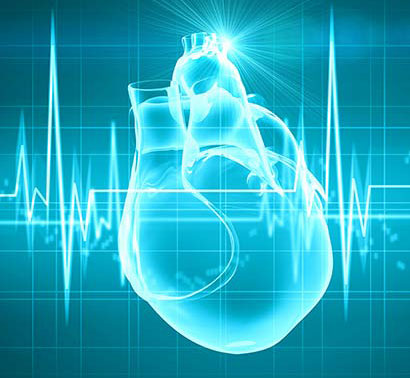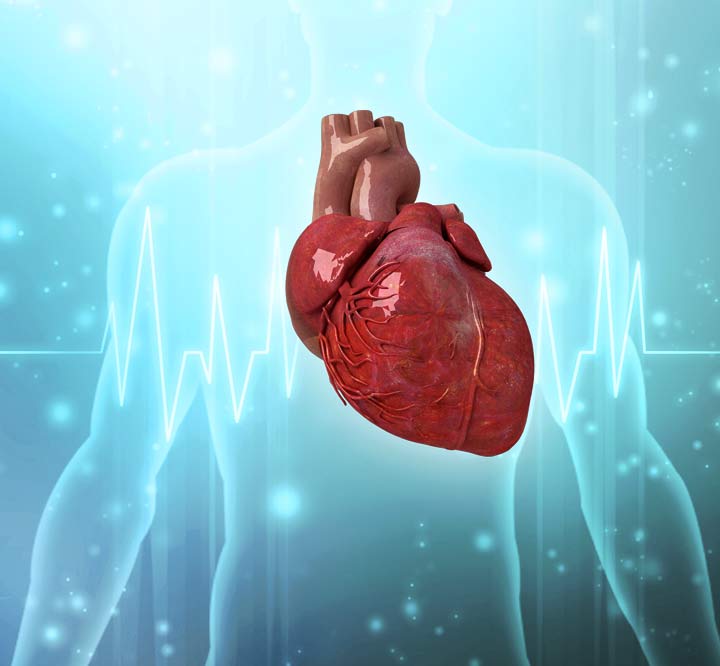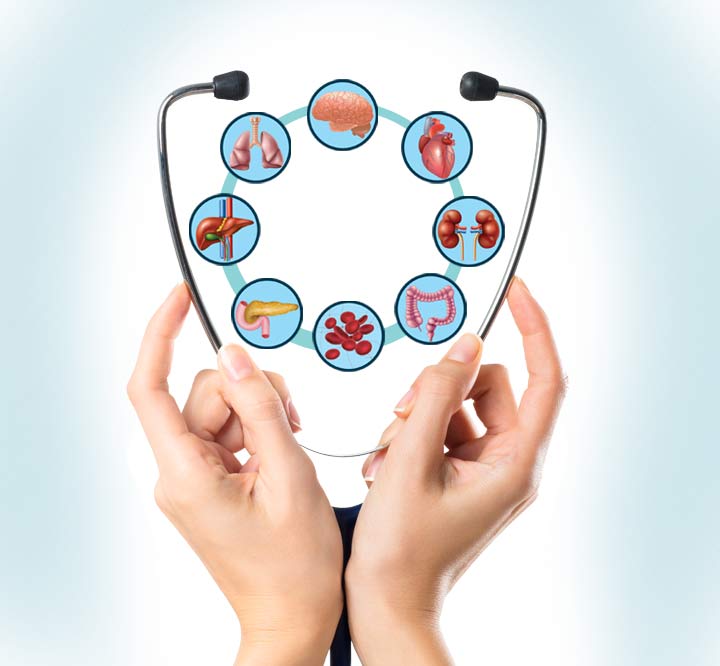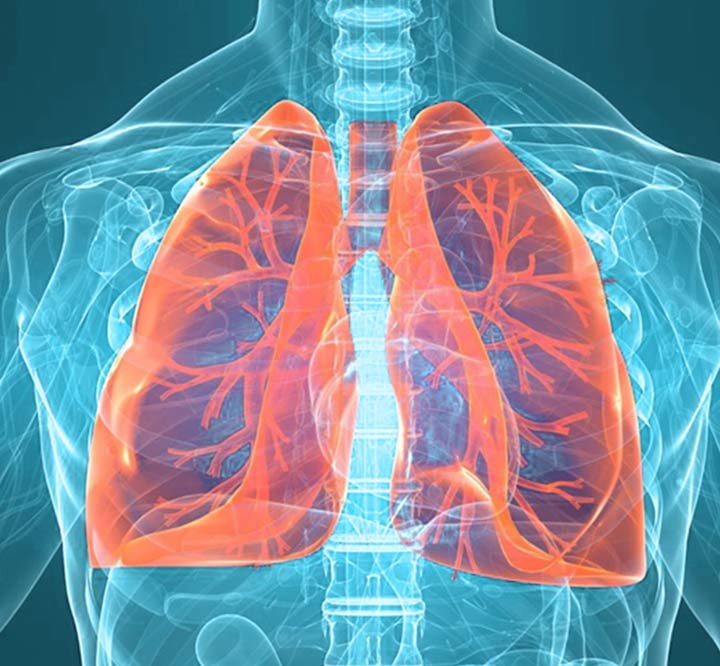Course Details
Course Format: eLearning/Self-directed course
Contact Hours: 9.0
Course Length: 519 minutes
What's Included
- 1 year unlimited access 24/7 to the online course
- 9.0 Contact Hours
- Downloadable PDF Study Guide
- Printable CE Certificate
This Course Focuses On
A focus is made on cardiac physiology, hemodynamic concepts via invasive & non-invasive monitoring. A review of the Pulmonary Artery Catheter (PAC), arterial lines, SvO2 monitoring & non-invasive monitoring will be made with application through case studies.
Accreditation
Nicole Kupchik Consulting, Inc. is an approved provider by the California Board of Registered Nursing. Provider #16363. This program is approved for 9.0 contact hours.
Learning Objectives
Foundational Concepts of Hemodynamics
- Discuss normal anatomy of the heart
- Describe the cardiac cycle
- Describe normal coronary perfusion
- Discuss basic hemodynamic concepts
Blood Pressure
- Discuss the determinants of blood pressure
- Describe how the SNS & RAAS systems assist in compensation
- Discuss the role of arterial lines in critical care
Pulmonary Artery Catheter
- Discuss the appropriate patient population to utilize a pulmonary artery catheter
- Describe the various ports & lumens on the PA Catheter
- Discuss contraindications
- Describe set up & insertion of the catheter
- Analyze & interpret CVP & PAOP waveforms
Non-Invasive Hemodynamic Monitoring
- Describe the latest literature on fluid choice
- Discuss the concepts of preload & fluid responsiveness
- Describe how to perform the passive leg raise test
- Discuss the implications of fluid over & under-resuscitation
- Describe the accuracy of non-invasive hemodynamic technology in determining fluid responsiveness
- Analyze fluid management using evidence-based research to support critical decision through case examples
Functional Hemodynamics/Arterial Line Technologies
- Review arterial line technologies
- Discuss how these devices are incorporated clinically
- Discuss limitations of arterial line derived hemodynamics
Medications Used for Hemodynamic Support
- Discuss commonly used vasopressor, positive inotrope & vasodilating medications
- Describe the mechanism of action, dosage ranges & adverse effects of vasopressors, positive inotropes & vasodilators
Putting It All Together
- Apply hemodynamic & medication knowledge learned throughout the course using case studies
Additional Information
Course Refund Policy
Our policy is valid for a period of 30 calendar days from the date of the purchase. If the period of 30 days has lapsed since the purchase, we can't, unfortunately, offer you a refund. In addition, once the course has been accessed, there are no refunds available.
Course Expiration Time Zone
Access to the course expires 1 year after purchase, regardless of when the course is accessed. Please note, courses are set to expire at 00:00 Coordinated Universal Time (UTC) on the expiry date.
For example, students in Pacific Standard Time (UTC 8 hrs ahead), will find their class expires at 4:00 PM PST. Due to the major time difference, we have set all courses to expire on day 366 so you receive a full year of access plus a few bonus hours.
Extension Policy
All courses will be limited to a maximum of one extension. The one-time extension is valid for 6 months @ 40% of the full cost of the course. Extension requests must be received via email at [email protected].
Access This Course Via Our Mobile App







